Burundi Agricultural Research Institute- “ISABU” -is putting in place the best quality of beans that are more productive to increase the harvest.–By Yves Didier Irakoze
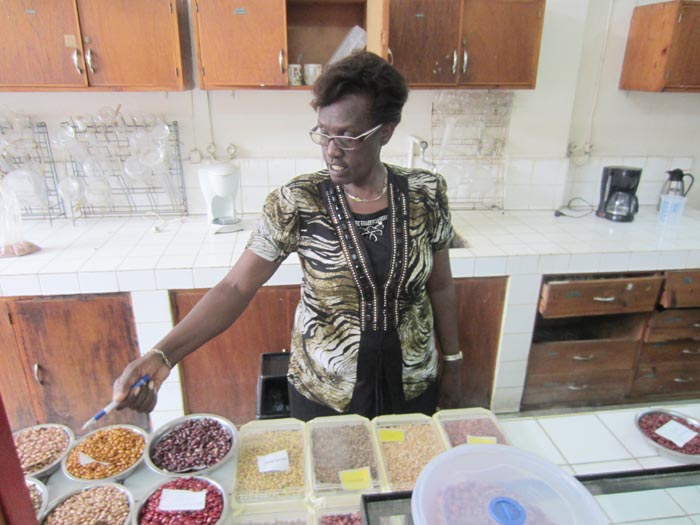
Capitoline Ruraduma: “ISABU trains cultivators gathered in agricultural cooperatives how to cultivate beans, multiply the seeds and spread them; however, we are more involved in research.” ©Iwacu
“We want to promote a great deal of varieties of beans because the quality of the latter is not the same,” points out Capitoline Ruraduma, Beans Researcher at ISABU. According to her, this work of selecting varieties that are better than others is done with cultivators to help them chose the first quality. “We take into account the best quality by choosing pedigree seeds, the period they last to be harvested, those which are resistant to diseases and climate change, the market where they will be easily sold as well as the natural region where the variety can grow effectively,” states Ruraduma.
She adds that beans are cultivated everywhere and tests are made in different natural regions of the country. For instance, Capitoline explains that beans planted without stakes in high altitude areas are very easily destroyed by the rain, while beans planted with stakes can grow both in high altitude places and plains.
Capitoline Ruraduma mentions that ISABU works with Projects involved in farming, NGO’s, Provincial Departments of Agriculture and Livestock, agricultural cooperatives and private farmers. “ISABU trains cultivators gathered in agricultural cooperatives how to cultivate beans, multiply the seeds and spread them; however, we are more involved in research,” declares Ruraduma.
Effective methods have been set up
She goes on saying that ISABU helps them when they are gathered in known agricultural cooperatives and train them. Moreover, the ISABU experts take into account the nature of the land and its physical features. Those cooperatives are found in some areas of Kirundo, Gitega, Makamba, Muyinga, Mwaro, Kumoso, etc.
“There are some farmers who have already got the opportunity to go to Rwanda to get aware of the level their fellows have already reached,” says Ruraduma.
Capitoline Ruraduma states that the pedigree seed is the best one, very productive and available in the market. We also educate them how to try new agricultural technologies while using less seeds and harvesting much more quantity.
“We teach them how to use strings like stakes instead of trees to help those who hardly get stakes to protect the environment. We also teach them how to transform beans into other kinds of food like bread, cake, etc,” concludes Ruraduma.

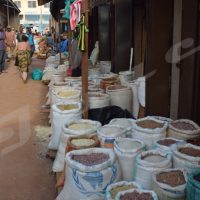
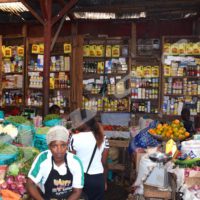
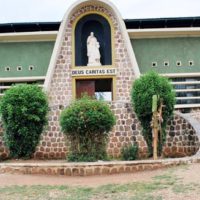
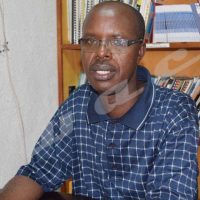














 IWACU Open Data
IWACU Open Data

